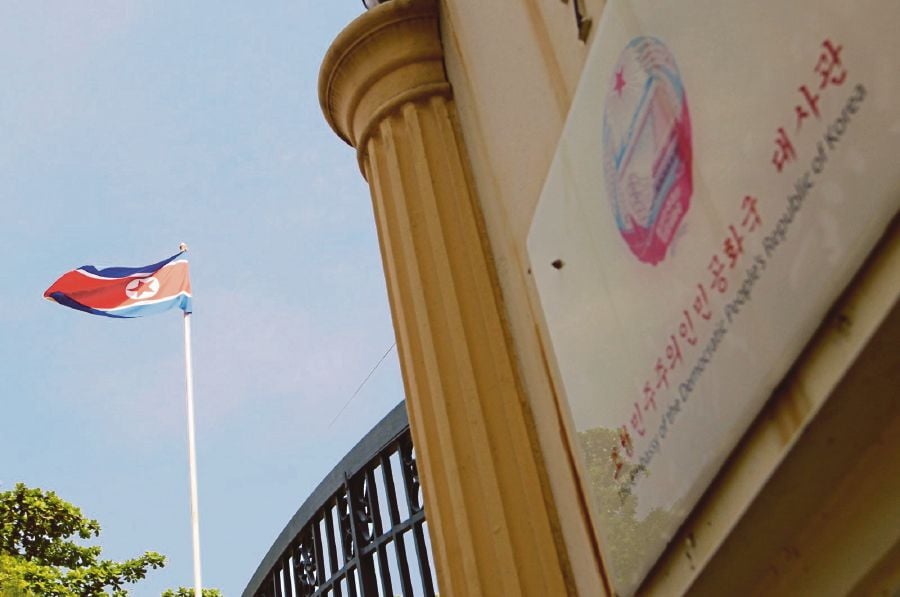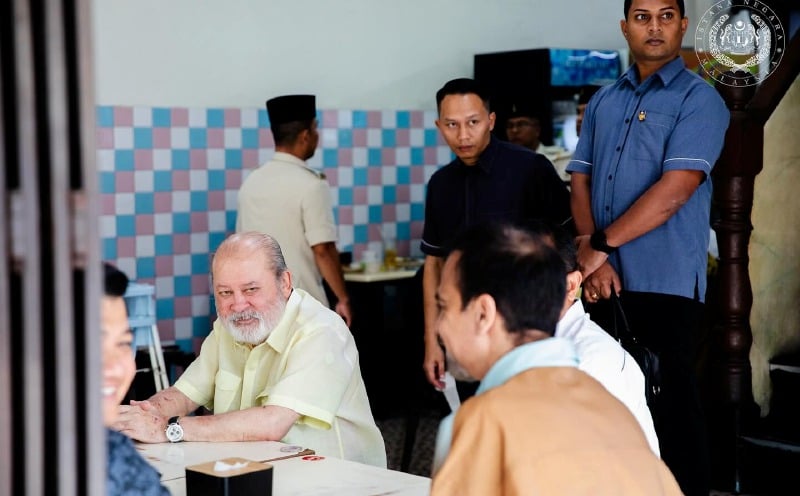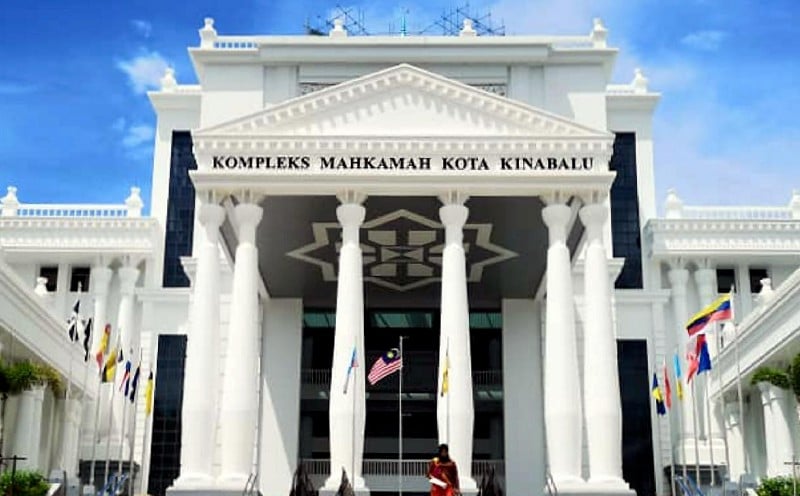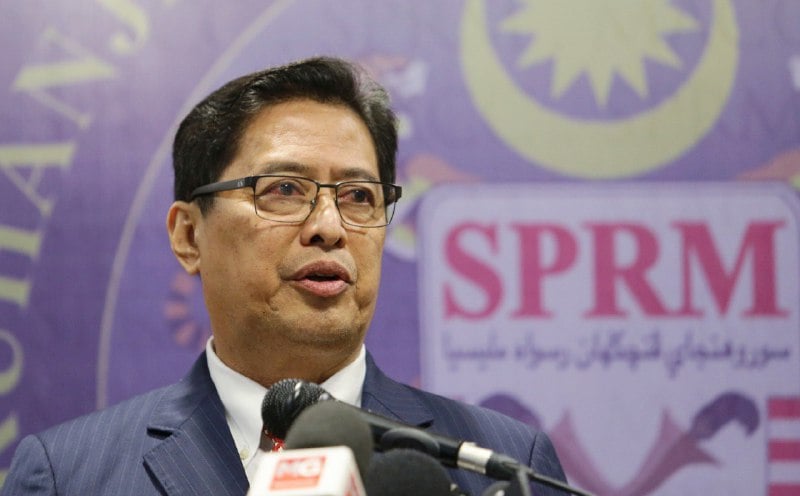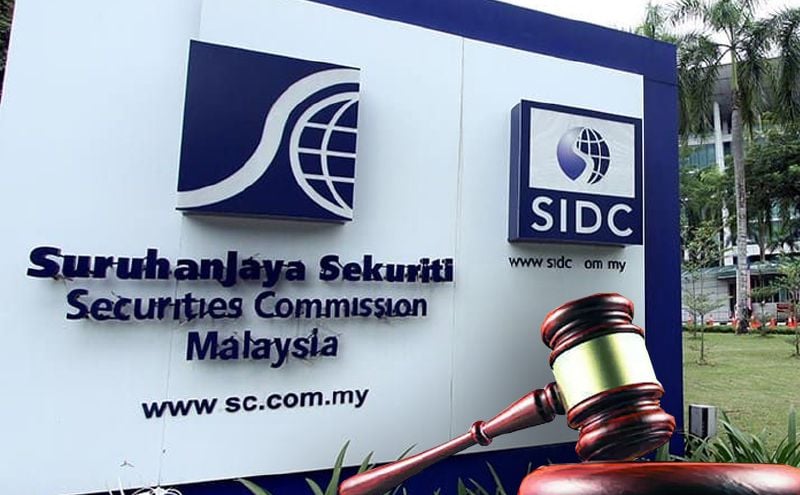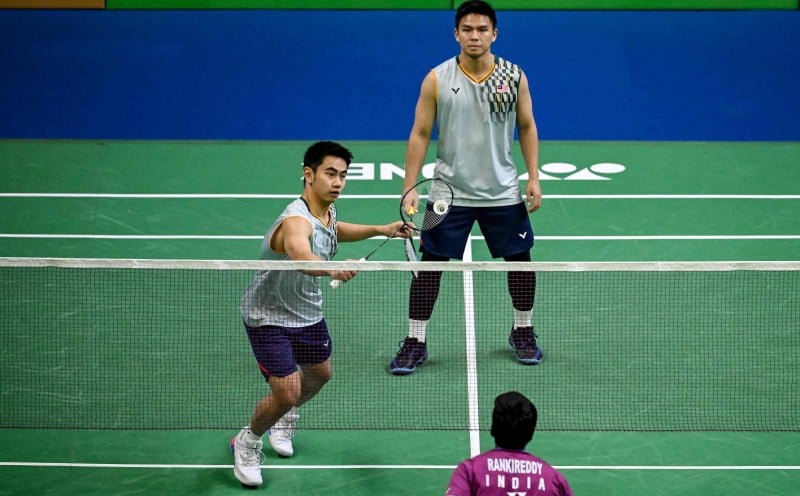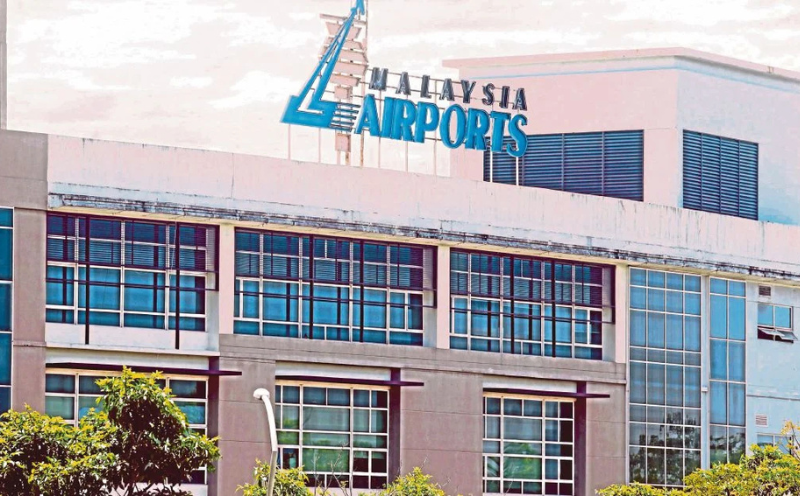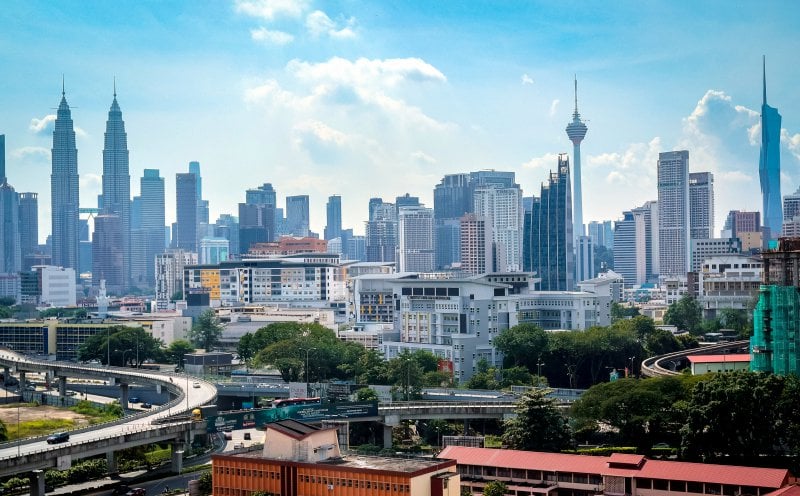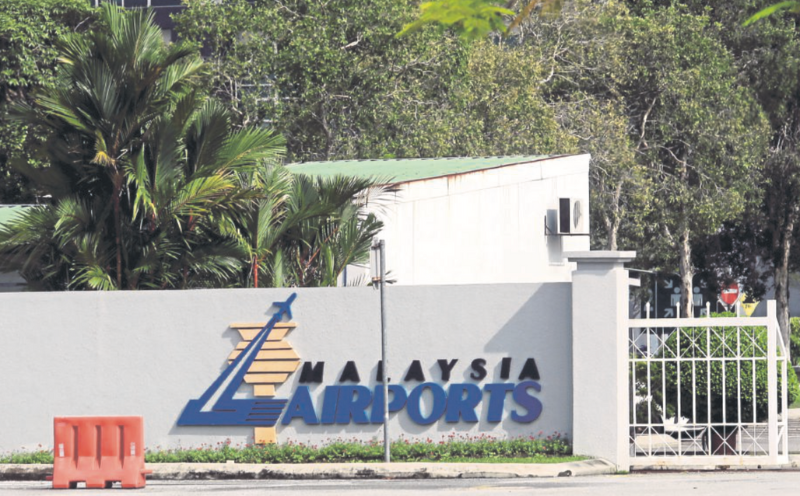The dramatic assassination of Kim Jong-nam, half-brother of North Korea’s ruler Kim Jong-un, has shocked Malaysians as well as observers across the world. Tensions between Malaysia and North Korea have escalated as daily revelations have fuelled distrust and even disbelief. Relations are close to a breaking point.
It is clear that the relationship between these two states will be significantly diminished for the foreseeable future. However, not only the Malaysian government, but the governments of the other Asean member states will seriously have to consider what steps to take next. It will become a test, not just of Malaysia’s diplomatic skills but also of Asean unity.
In the past few years, Asean’s tricky relationship with the People’s Republic of China has stretched that unity. North Korea, of course, does not have the economic and geopolitical weight of China. Economic relations are very limited and political contacts are more important to North Korea than to Asean, but the North’s continuing nuclear and missile programmes, which it sees as essential for its survival, have pushed Asean states into issuing critical resolutions and adopting United Nations sanctions.
North Korea’s past relative indifference towards Asean as an organisation was reciprocated on the Asean side. Even when dialogue arrangements with interested powers began to expand in the 1980s, Asean showed little interest in interacting with North Korea. The North’s isolationist economic policies, its terrorist actions in (then) Rangoon in 1983 and the much greater economic attractiveness of South Korea ensured that North Korea did not feature high on Asean’s regional cooperation agenda.
Asean had set up the Asean Regional Forum (ARF) as a mechanism to support peace and security in the region, but its slow pace, low-risk approach ensured rather bland comments on the Korean peninsula rather than dispute resolution, even after North Korea joined in 2000.
The second nuclear crisis since 2002 (still unresolved today) has served to concentrate Asean minds. Asean members mainly watched from the sidelines as the China-hosted Six-Party Talks tortuously manoeuvred through negotiations spread out over more than five years. They could only play two subsidiary roles — as a facilitator of bilateral talks (such as between the US and North Korea) and, through the ARF, as a provider of a forum for the protagonists to meet. So, despite occasional interventions or at least offers to mediate, Asean has been able to do very little to slow the pace of North Korean military technological development.
How will Asean help Malaysia now? The mid-February Asean Foreign Ministers’ Meeting, which took place just after the attack at klia2, did briefly discuss the incident, but made no particular reference to it in the final communiqué.
Malaysia will be looking for stronger support. At the time of the earlier example, often quoted, of the North Korean agents who attempted to blow up the visiting South Korean president in (then) Rangoon in 1983 and ended up killing more than a dozen of his officials, (then) Burma quickly broke off diplomatic relations.
Malaysia, which has been one of the most open states to North Koreans, now looks for solidarity from its neighbours.
Asean member states would not want to break off diplomatic relations, but most will wish to register their disapproval of the North Korean actions through public statements and measures such as tightening visa requirements for North Korean nationals.
The UN has passed multiple resolutions listing sanctions over the past few years. Expect Asean members to become increasingly watchful and faithful in implementing these sanctions. Cutting off money-laundering activities and illicit arms sales and reducing (even banning) North Korean labourers from their territories could be more useful than any additional economic sanctions, since official trade with North Korea reaches barely one per cent of total Asean trade.
The North’s violation of chemical weapons treaties could be denounced at the UN, with Asean as one of the lead proposers. But, at the same time, certain Asean members may be useful in maintaining some kind of dialogue with the North. While China is one possible mediator, due to its close links with both Malaysia and North Korea, the Sino-North Korean relationship is itself not without problems, so a more “neutral” Asean member could be more effective.
This year’s Asean Chair, the Philippines, has one of the region’s least developed linkages with North Korea, so perhaps those longer-standing “friends” of the North — Cambodia, Vietnam or Indonesia — could act, with the authority of Asean and approval of Malaysia, as an intermediary to try to bring about a degree of reconciliation between Malaysia and North Korea.
North Korea has few diplomatic tools at its disposal, but utilising “divide and survive” has been an effective tactic in its dealings with the major powers surrounding it. Asean representatives will have to be careful to avoid falling into a similar diplomatic trap, as the North may well try to play on what it perceives, rightly or wrongly, as sympathetic voices within certain member states.
Malaysia rightly feels affronted by the actions of North Korean agents and diplomats on her territory. North Korea rarely apologises (though it is not unknown), but as with the ongoing nuclear crisis, in the end, this issue, too, will require the two sides to sit down and talk to each other.
When then Burma broke off diplomatic relations with North Korea, it took 23 years before formal relations were re-established. A firm but united response from Asean, but tied to the expectation of dialogue, could broker a faster resolution this time.
Brian Bridges is adjunct professor in the Department of Political Science at Lingnan University, Hong Kong. He resides in Malacca



